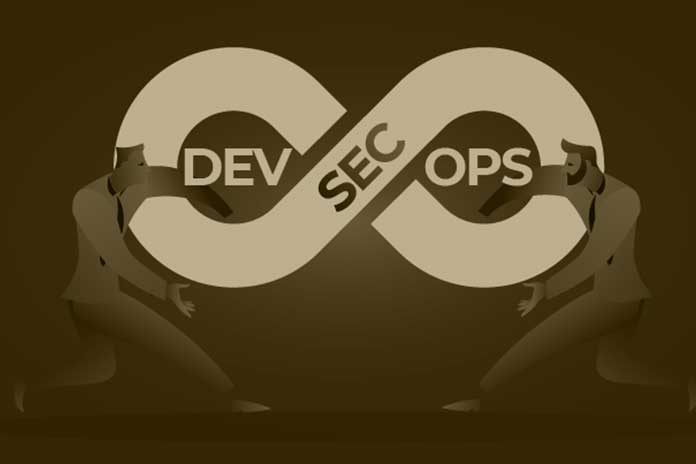Companies working in highly-regulated industries are quite exposed to the recurring nature of audits. However, audits never seem easy for the development team most of the time. These complications with auditing usually happen when the team isn’t prepared for the audits.
The main issue occurs because of a few common blind spots in DevOps governance. You can consider the list below to find the blind spots in DevOps governance and the approach you can follow to avoid them.
Blind Spots in DevOps Governance and Ways to Avoid Them
1. Underplaying the importance of auditing: In the past, organisations have usually not given immense importance to auditing until it happens. However, currently, auditors are beginning to get an opportunity to get involved in the software development process more beneficially.
Auditors view an opportunity also to be a part of the solution. Revamping the auditing process to incorporate it into software development from the start fully can be quite helpful. Organisations must increase compliance to the level of importance it needs.
2. “Yesterday’s solution will work tomorrow”: Several organisations function under the assumption that regulatory issues are static. However, in the new world of cloud systems, audit and compliance procedures have to adapt quite soon. Cloud-based technology is a big paradigm shift where you have to think differently to get environmental benefits. Therefore, your audit compliance process, which existed yesterday, won’t work in the coming few days.
Organisations must rethink compliance for future growth in technology. There are several cloud DevOps security applications available in the market these days.
3. Thinking negatively around compliance: Development teams usually dread the process of auditing. While there is a lot of trust in development teams, there is little verification. Therefore, audits are quite time-consuming and extremely invasive, as it involves processing every component of every team and all the applications trying to list down the important data.
The time is also spent away from business value-generating projects, which are the steps in the wrong direction. Teams must capture the data for the audits in an automated way. When the teams have been shifted, and most of the process is automated, it is quite easy as it leads to better documentation, testing and compliance.
Opting for different solutions have also helped the development teams immensely. For instance, if companies opt for InstaSafe products launched by InstaSafe, they get to offer Zero Trust access to integrate tight security throughout the SDLC (Software Development Life Cycle). When DevOps and security are combined, the companies are secured and will not have to worry about compliance issues. Opting for a stable DevSecOps security system will also be quite helpful.
What is DevSecOps Security?
DevSecOps is development, security and operations. It is a preferred approach to culture, automation, and platform design that integrates security as a shared responsibility throughout the IT lifecycle. With DevSecOps, thinking about application and infrastructure security from the beginning is a priority. It also includes considering the DevOps application security.
A secure DevOps methodology can be chosen by choosing the correct tools for integrating the security. Following the DevOps security best practices can be quite helpful for organisations in the long run. In addition, DevOps security helps build information security and create a plan for security automation.
Conclusion
Underestimating the importance of auditing and compliance are the most common blind spots in DevOps governance. However, if you opt for a secure DevOps methodology, these issues can be easily resolved. In addition, a suitable DevOps application security can also help with the lack of visibility.
